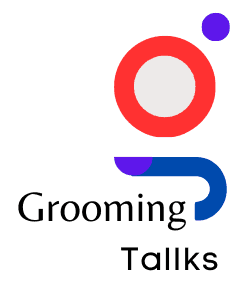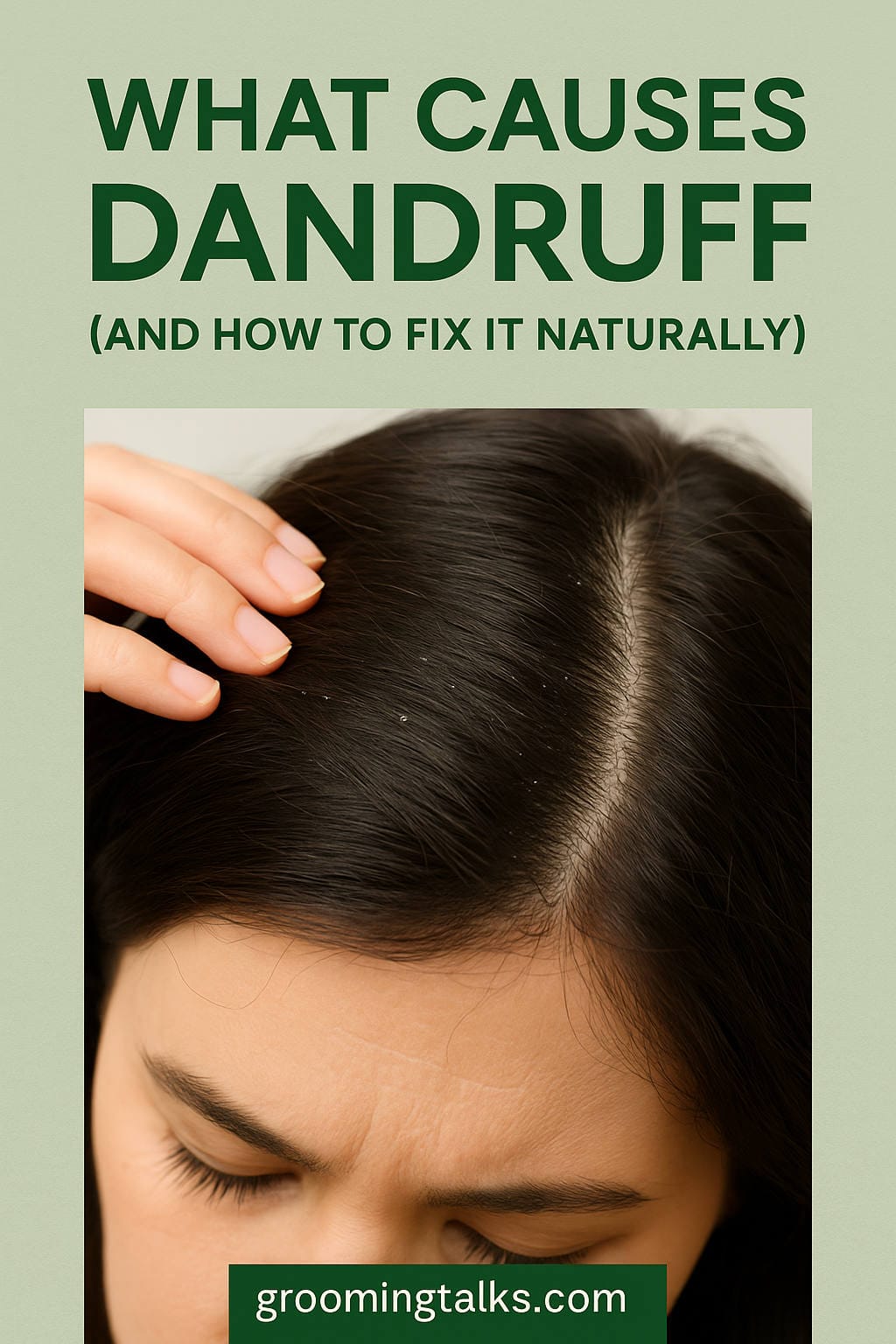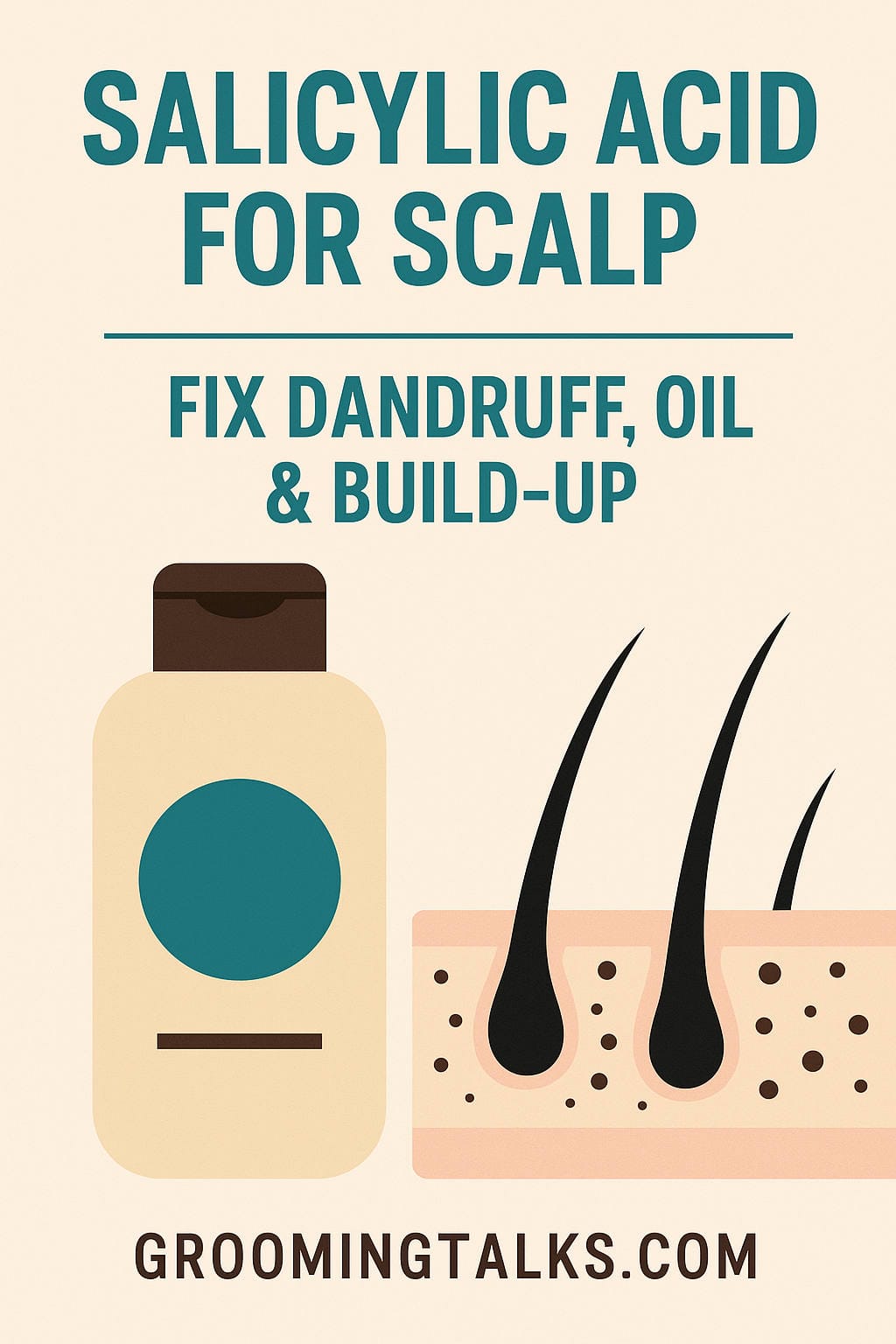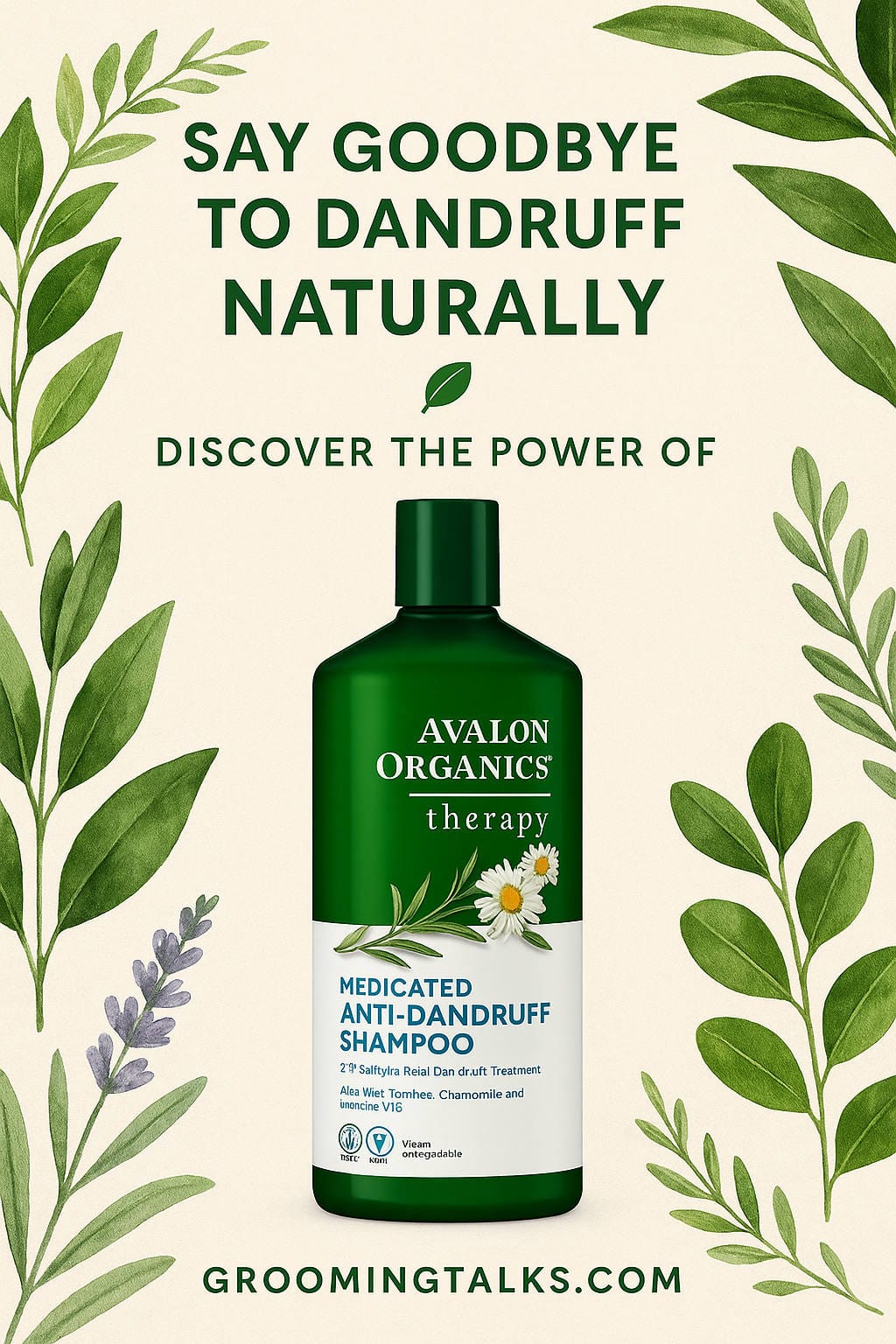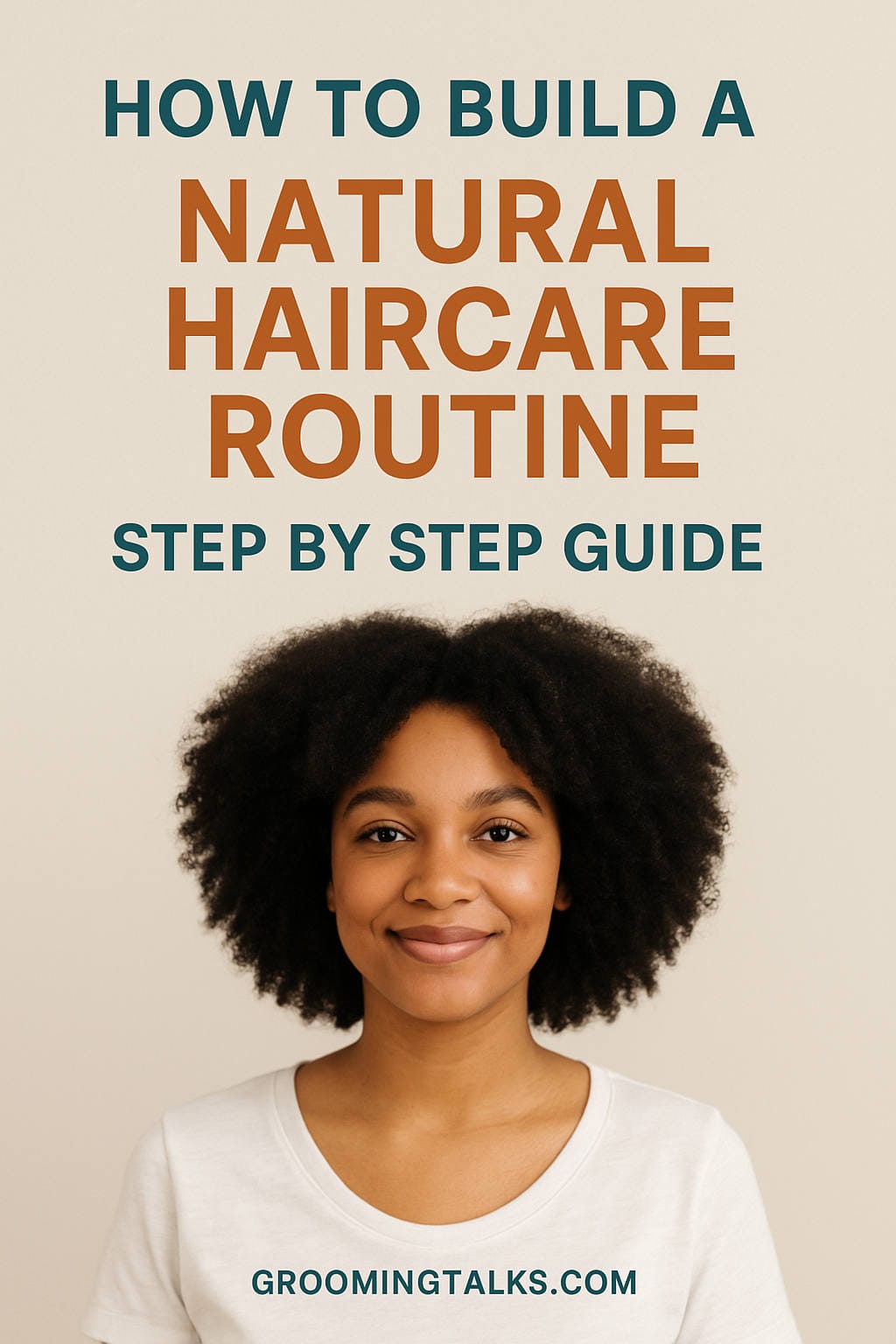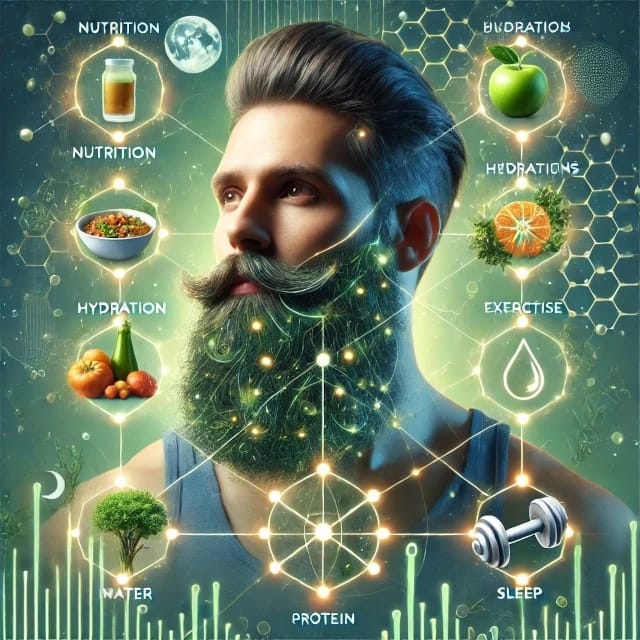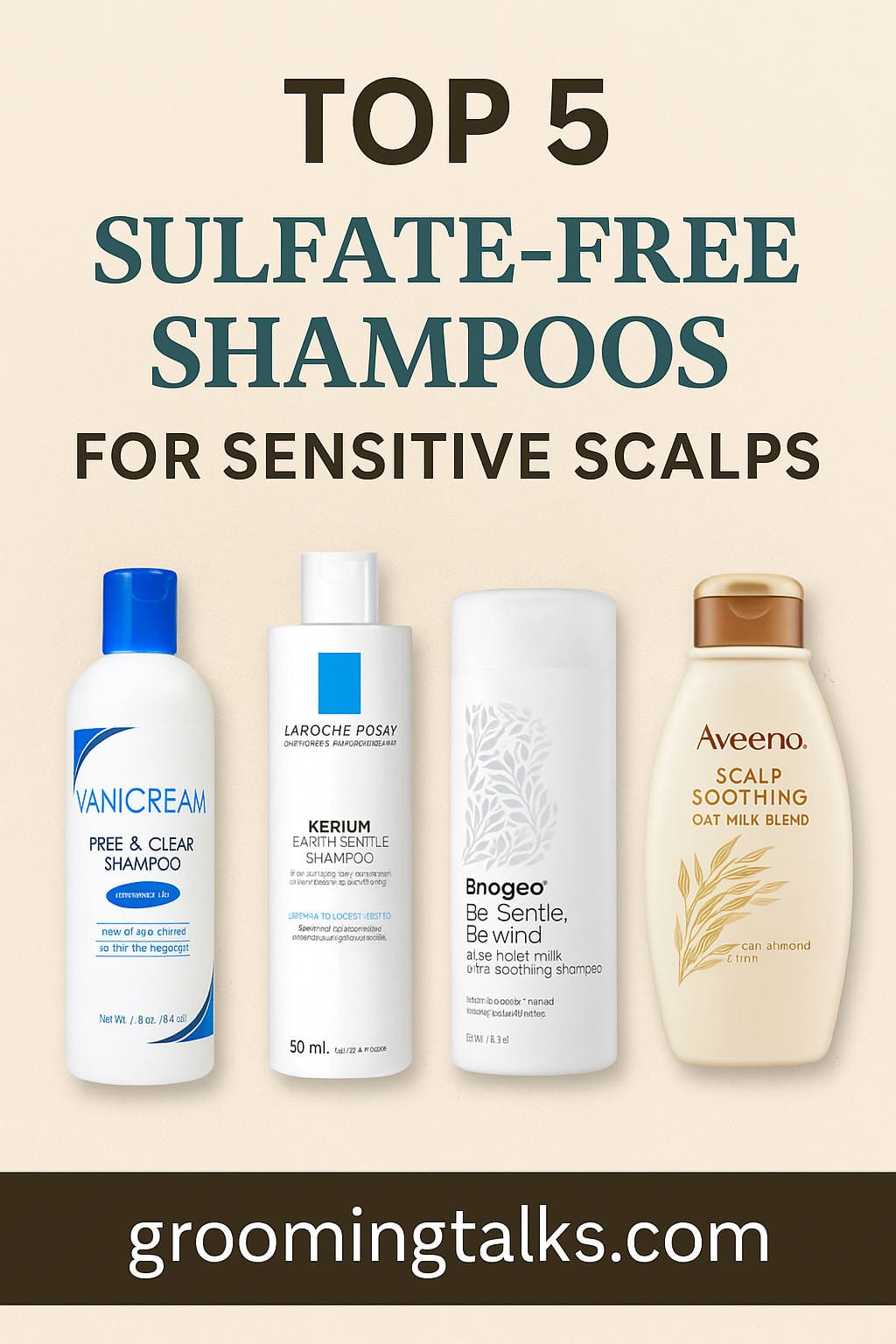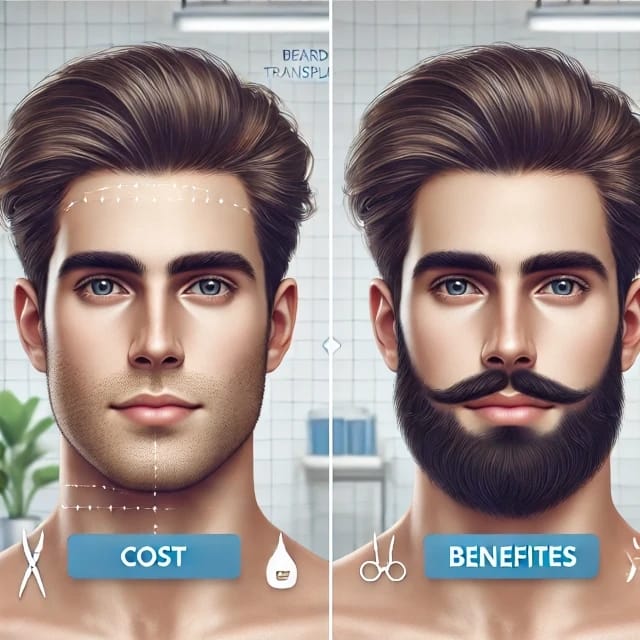Dandruff is a frustrating, often embarrassing condition that affects millions of people worldwide. Those pesky white flakes that appear on your shoulders or in your hair can significantly impact your confidence and social life. While not a serious medical issue, dandruff can be persistent and difficult to manage if not properly addressed. Fortunately, by understanding what causes dandruff and learning about effective, natural treatment options, you can take control and work toward a healthier, flake-free scalp.
In this guide, we’ll explore the root causes of dandruff, debunk common myths, and introduce proven, natural solutions that can help you combat dandruff safely and effectively.
What Exactly Is Dandruff?
Dandruff is essentially the excessive shedding of dead skin cells from the scalp. Our skin naturally renews itself, and it’s perfectly normal for some dead skin to flake off. However, people with dandruff experience an accelerated turnover of skin cells, leading to visible flakes, itching, redness, and irritation. These flakes can be dry, powdery, or even greasy and clumpy depending on the underlying cause.
The Main Causes of Dandruff
Dandruff doesn’t have a single cause; rather, it can result from a combination of factors. Understanding what’s happening on your scalp is the first step to effectively treating it.
1. Overgrowth of Malassezia Yeast
One of the most common contributors to dandruff is an overgrowth of a yeast-like fungus called Malassezia. This microorganism naturally exists on the scalps of most people. However, in some individuals, it feeds excessively on the oils (sebum) produced by hair follicles, creating by-products that irritate the skin, leading to increased shedding of skin cells.
2. Seborrheic Dermatitis
Seborrheic dermatitis is a more severe form of dandruff characterized by red, greasy patches of skin covered with yellowish, flaky scales. It can affect the scalp as well as other oily areas like the face, behind the ears, and even the chest.
3. Dry Skin
For some, particularly in colder months or dry climates, dandruff results from having dry skin. In these cases, the flakes tend to be smaller, whiter, and less oily.
4. Skin Conditions (Eczema and Psoriasis)
Chronic skin disorders such as eczema and psoriasis can also lead to excessive flaking on the scalp. Psoriasis, in particular, causes rapid skin cell turnover, resulting in thick, silver-white scales.
5. Allergic Reactions (Contact Dermatitis)
Sometimes, sensitivity to ingredients in shampoos, conditioners, or hair dyes can cause allergic reactions that lead to flaking, itching, and redness. This is known as contact dermatitis.
6. Infrequent Hair Washing
Infrequent shampooing allows oil and dead skin cells to build up on the scalp, contributing to dandruff. However, over-washing with harsh shampoos can also dry and irritate the scalp.
7. Dietary Deficiencies
A poor diet lacking in key nutrients like zinc, B vitamins, and healthy fats can contribute to dandruff by impairing the skin’s ability to regenerate and maintain moisture.
8. Hormonal Imbalances
Hormonal changes during puberty, pregnancy, or certain medical conditions can increase oil production, providing an ideal environment for Malassezia to thrive.
9. Stress and Lack of Sleep
High stress levels and inadequate rest can negatively affect your immune system, making your scalp more vulnerable to irritation and dandruff.
Common Myths About Dandruff (Debunked!)
Before we dive into natural remedies, let’s dispel some widespread myths:
- Myth 1: Dandruff is caused by poor hygiene.Not necessarily. While infrequent washing can exacerbate dandruff, many people who wash regularly still experience it due to biological factors.
- Myth 2: Dandruff is contagious.Dandruff is not infectious and cannot be passed from person to person.
- Myth 3: Only people with dry scalps get dandruff.Dandruff can affect both oily and dry scalps.
- Myth 4: Dandruff is curable.While there is no permanent cure, it can be managed effectively with proper care and treatment.
Natural Remedies to Treat Dandruff
Many people prefer to avoid harsh chemical shampoos and medications. The good news is that several natural remedies are backed by scientific research and countless personal success stories. Here are some of the most trusted natural methods to treat dandruff:
1. Tea Tree Oil: The Antifungal Powerhouse
Tea tree oil possesses strong antifungal, antibacterial, and anti-inflammatory properties that help control the growth of Malassezia. Numerous studies have shown its effectiveness in reducing dandruff symptoms.
How to use:
- Mix a few drops of tea tree oil with a carrier oil like coconut oil.
- Massage into your scalp.
- Leave it on for 30-60 minutes before washing with a gentle shampoo.
Trusted Product Recommendation:
- Maple Holistics Tea Tree Shampoo: Free from sulfates and parabens, this shampoo combines tea tree oil with other natural ingredients to fight dandruff effectively.
2. Aloe Vera: Soothing and Healing
Aloe vera’s anti-inflammatory and moisturizing properties help reduce irritation and hydrate the scalp.
How to use:
- Apply fresh aloe vera gel directly onto your scalp.
- Leave it for 30 minutes.
- Rinse with lukewarm water.
3. Apple Cider Vinegar (ACV): pH Balancer
ACV helps restore the scalp’s natural pH and has antifungal and antibacterial effects.
How to use:
- Mix equal parts ACV and water.
- Apply to the scalp and leave it for 10-15 minutes.
- Rinse thoroughly.
4. Coconut Oil: Nature’s Moisturizer
Coconut oil not only moisturizes but also possesses antifungal properties that can help combat Malassezia.
How to use:
- Warm a small amount of coconut oil.
- Massage it into the scalp.
- Leave overnight for deep conditioning.
- Wash with a gentle, sulfate-free shampoo the next day.
5. Neem Leaves: Traditional Herbal Remedy
Neem has been used in Ayurvedic medicine for centuries for its potent antifungal and antibacterial properties.
How to use:
- Boil neem leaves in water.
- Let it cool.
- Use the infused water to rinse your scalp.
6. Lemon Juice: Natural Astringent
Lemon’s acidity helps maintain scalp pH and can inhibit yeast growth.
How to use:
- Apply freshly squeezed lemon juice to the scalp.
- Leave for 5-10 minutes.
- Rinse thoroughly.
7. Probiotics: Internal Balancing
A healthy gut microbiome can indirectly affect your skin and scalp health. Probiotics help maintain a balanced internal environment.
How to incorporate:
- Eat yogurt, kefir, sauerkraut, kimchi, or take high-quality probiotic supplements.
8. Omega-3 Fatty Acids: Inflammation Fighters
Omega-3s help reduce inflammation and maintain skin hydration.
Food sources:
- Fatty fish like salmon, mackerel, and sardines
- Chia seeds
- Flaxseeds
- Walnuts
9. Scalp Exfoliation: Removing Dead Skin
Exfoliating your scalp can help clear dead skin and prevent buildup.
How to make a DIY scrub:
- Mix sugar and coconut oil.
- Gently massage into your scalp before shampooing.
10. Herbal Rinses: Natural Clarifiers
Herbs like rosemary, thyme, and chamomile have soothing properties that benefit the scalp.
How to use:
- Brew a strong herbal tea.
- Let it cool.
- Use it as a final rinse after washing your hair.
11. Honey: Nature’s Antibacterial Moisturizer
Raw honey has both moisturizing and antibacterial properties.
How to use:
- Mix raw honey with warm water.
- Apply to your scalp and leave for 15-20 minutes before rinsing.
Lifestyle Changes to Prevent Dandruff Naturally
In addition to topical treatments, making certain lifestyle adjustments can greatly enhance your results and prevent recurrence:
- Manage Stress: Practice meditation, yoga, or mindfulness techniques.
- Get Enough Sleep: Aim for 7-9 hours per night to allow your body to repair and regenerate.
- Maintain a Balanced Diet: Include plenty of fruits, vegetables, lean proteins, and healthy fats.
- Stay Hydrated: Drink at least 8 glasses of water daily.
- Use Gentle Hair Products: Avoid shampoos with sulfates, parabens, or artificial fragrances.
- Limit Heat Styling: Excessive heat can dry out your scalp.
- Protect Your Scalp from the Sun: Use hats or hair products with UV protection.
When to Seek Professional Help
While natural remedies are effective for many, there are situations where medical intervention is necessary. You should consult a dermatologist if you experience:
- Severe itching or burning
- Open sores or lesions
- Unrelenting redness or swelling
- Symptoms that persist or worsen despite home treatment
A dermatologist can diagnose underlying conditions such as psoriasis, fungal infections, or eczema that may require prescription medications.
Highly Recommended Natural Product Line
For those who prefer natural, clinically tested solutions, one of the most trusted product lines is Puriya Scalp Therapy Anti-Dandruff Shampoo. This product combines:
- Tea tree oil
- Aloe vera
- Sage extract
- Rosemary essential oil
It’s free from sulfates, parabens, and synthetic fragrances, making it a gentle yet powerful option for those struggling with dandruff.
Another excellent option is Jason Dandruff Relief Treatment Shampoo, which includes sulfur and salicylic acid derived from natural sources to control flaking while soothing the scalp.
A Holistic Approach: The Key to Lasting Results
Dandruff can often be managed effectively by combining natural remedies with lifestyle adjustments. Here’s a simple weekly routine you can follow:
- Day 1: Exfoliate your scalp with a sugar and coconut oil scrub.
- Day 2: Apply a coconut oil mask overnight.
- Day 3: Wash your hair with Puriya Scalp Therapy Shampoo.
- Day 4: Use an apple cider vinegar rinse.
- Day 5: Apply aloe vera gel and rinse after 30 minutes.
- Day 6: Incorporate probiotics and omega-3s into your meals.
- Day 7: Relax, meditate, and hydrate well.
Consistency is crucial. Natural remedies usually take several weeks to show noticeable improvement, so be patient and persistent.
Final Thoughts
Dealing with dandruff can be challenging, but it doesn’t have to rule your life. By understanding the root causes and using trusted natural remedies, you can significantly reduce or even eliminate dandruff. Remember, your scalp is part of your skin, and just like any other skin care routine, it requires consistent, gentle care.
By addressing not only the symptoms but also the contributing factors such as diet, stress, and product choice, you’ll be on your way to a healthier scalp and more confident you.
If you commit to a natural, holistic routine, monitor your progress, and adjust as needed, you may find that nature offers some of the best solutions for lasting dandruff relief.
